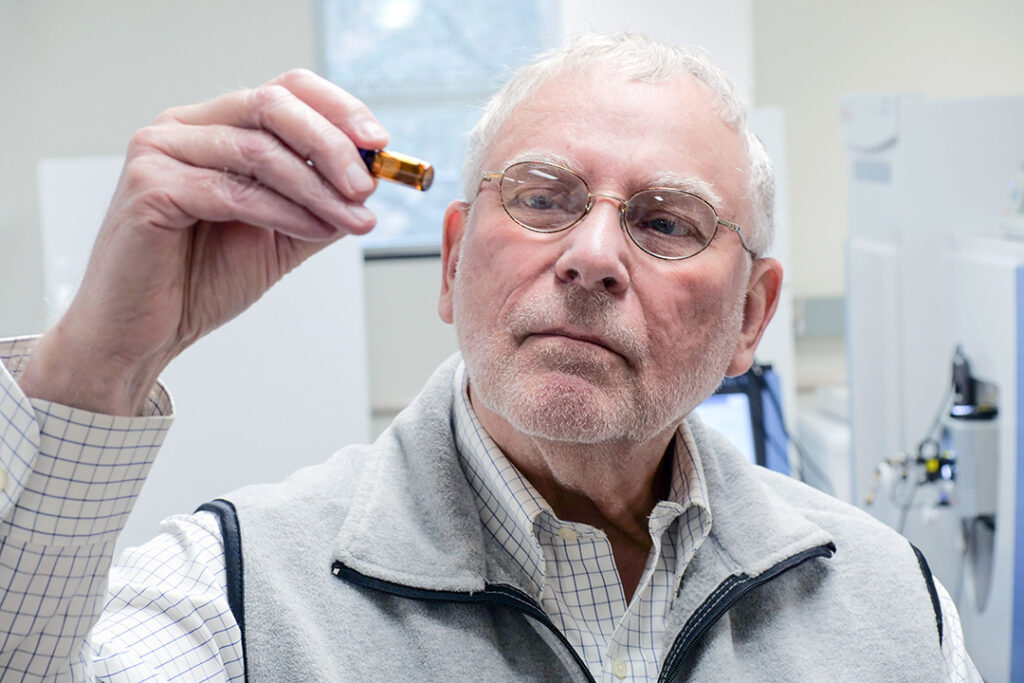
The surveillance data will enable researchers to estimate community infection rates and determine upward or downward trends that can inform real-time management decisions. As well, the team has developed a laboratory test that can detect COVID-19 variants without needing to fully sequence the virus….
